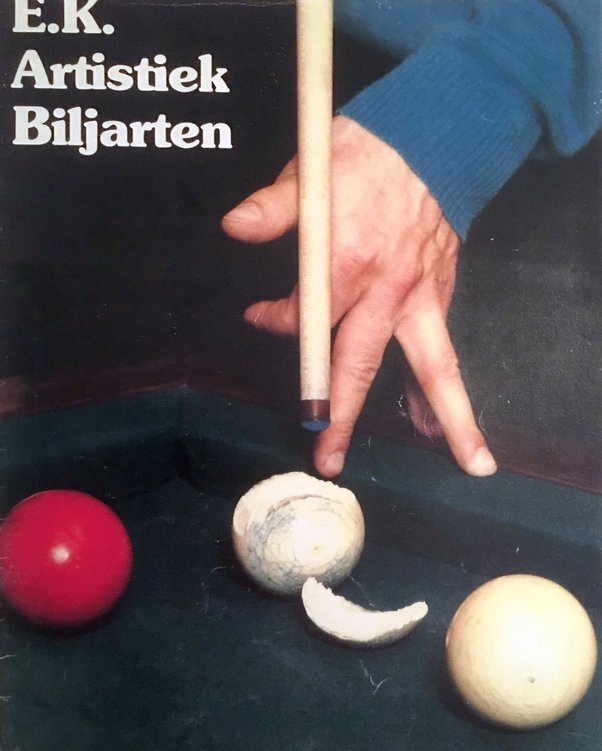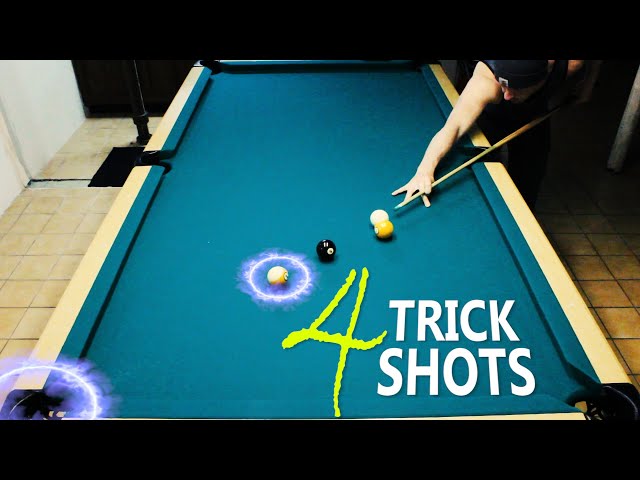
Pool is one of the world's most popular sports. It can be played at a variety of sizes. You need to be skilled at the game. There are many kinds of pool. However, eight ball pool and continuous pool are the most popular. These games require skill and can either be played solo, in pairs or as a group sport.
The object of the game is to get all designated balls. This includes the cue and eight-ball balls as well as other object or specialized balls. Each player is given one of two pockets at the foot of the table. They will continue until they are fouled or miss. Fouls are committed when a player puts the ball on the ground and takes a new shot. A break, hitting the cue ball in an object ball or breaking an unwritten rule, as well as execution of a jump shot, are all possible fouls.
The World Standardized Rules of Pool are the official rules. They are used by many international tournaments and organisations, as well the Billiard Convention of America. If there is a foul, the ball must be put back on. The ball pocketed by an opponent counts as one point.

The goal of eight-ball is to win the black eight ball. Depending on the variant of the game, other balls will be numbered from 1 to 9. The player who takes a ball from his pocket wins the game.
A normal foul can result in a penalty of a minus. The ball must immediately be racked if it is caught in the middle of a foul. After the player has taken his next shot, he may choose to restore the position he was in before the foul. The player may also decide to keep the shot. However, if the opponent places the ball into his pocket, he will get a points.
Another type of foul is the ball in hand foul. This happens when the ball is touched by a player without his or her foot touching the floor. A player must announce the ball that was pocketed before taking a shot. Afterward, the ball that was pocketed in the course of the foul must be as close to the foot spot as possible.
Before taking the next shot, the player who has committed two fouls consecutively must be warned. A third foul, if not accepted by the player, will result in the loss of the game. If a player is caught breaking in the first inning, they will receive a minus of -10.

Non-player interference is another type of foul. Non-player interfere is defined as the case where the ball is pushed or bumped against an opponent or an unscheduled lamp fixture. Non-player interfere does not apply if the ball has been pocketed in a course or foul.